Indira Rana Magar is a social worker and a founder of Prisoner’s Assistance Nepal, a non-profit organization that takes care of the children, whose parents are incarcerated in the different prisons of Nepal. She is a popular name to the prison authorities of Nepal and has been working for the right of the prisoners who are serving their time in different prisons of Nepal. Her nonprofit organization has established Ten children home, two schools, and several other social projects to help prisoners and their children. You may interest in the Early Life of Indira Ranamagar.
Childhood of Indira Ranamagar
Indira Rana Magar was born in a small village of Sanishchare-6, Jhapa, Nepal on 6th February 1970. Her parents are originally from the Udaypur district of Nepal. They later migrated to Sanischare, Jhapa. She was born into a poverty-ridden lower-class family. Her father Pratap Singh Rana Magar and mother Manmaya Rana Magar, both were landless farmers of Jhapa. She is the youngest child in the family of six children. She was familiar with the hardships and struggles of her family from an early age and was passionate about helping underprivileged people of her community because she had experienced extreme poverty in her life.
Indira had to face a lot of difficulties in her childhood. She was not able to go to school because of her gender. She had to stay at home and help her mother with household chores. Back then, society was not aware of providing education to the female child. People were sending only boys to attend school. Lack of awareness about sending a girl child to attend the school and lack of money both created a hindrance for Indira to attend the school.
 Indira learned basic education from her brothers, but still, there was a problem with the study materials. If she managed to have books to study, there would still be the problem of pencils and papers. She could not even ask her brothers to provide her with the study material, because her brothers were also struggling hard to manage those things. As an English proverb, “Where there is a will, there is a way”.
Indira learned basic education from her brothers, but still, there was a problem with the study materials. If she managed to have books to study, there would still be the problem of pencils and papers. She could not even ask her brothers to provide her with the study material, because her brothers were also struggling hard to manage those things. As an English proverb, “Where there is a will, there is a way”.
Indira solved this problem by scratching alphabets and letters, outside in the dirt. She used to scratch the dirt with a stick and sometimes with her finger and learned all the basic things like alphabets and numbers. She completed her school education from her birthplace then move to Kathmandu for her further education. It was in Kathmandu, where she met her source of Inspiration “Parijaat”. Working with the renowned writer completely changed her life and since then she has devoted her life to the welfare of prisoners and their children.
Village Girl’s Gender Inequality
The social activist had experienced gender discrimination from an early age while her elder brothers go to school and she had to stay back to help her mother. In her childhood, she had double suffering for being poor and for being a girl. Indira had a strong willpower and never quit her journey. Poverty didn’t stop her to move ahead in her life. She overcame all the odds and went on to become one of the most influential women in the world.
International Awards and Recognition
Indira is now in her fifties and continuing her journey. Inspiring many other social workers with her service toward the prisoners and their children. She was nominated and won the World’s children prize honorary award in 2014 for her remarkable contribution toward the welfare of the prisoners and their children. She listed in the BBC’s top 100 influential women in 2017. It is one of the most inspirational and influential women from around the world. She honored with various other international awards as below.
- Ashoka Fellow 2005,
- Asia 21 Young Leader Public Service Award 2009.
- a project of International Bridges to Justice in 2010. In the same year, she was again voted by
- the Boss magazine as the “Best Social Entrepreneur”.
National Awards and Recognition
She has bagged many national awards like Lilaram Kuntidevi Neupane Social Service Award 2014, Nayee Khara Gaurab Award 2013, Excellent Social Worker Award 2013 for her selfless work for the welfare of prisoners and their children. She honored by Universal Peace Federation as Ambassador for Peace 2013, Navatalash Struggling Women Award 2012, Social Development Award 2012, Navadevi Shakti Award, National “SajhaAbhibhabak” and many more awards at the national level.

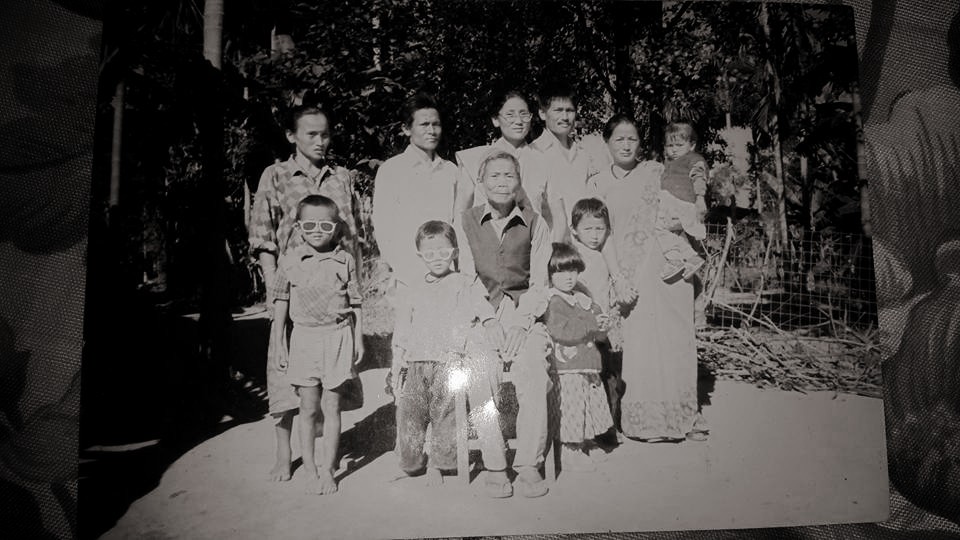
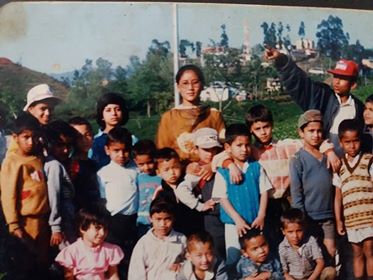
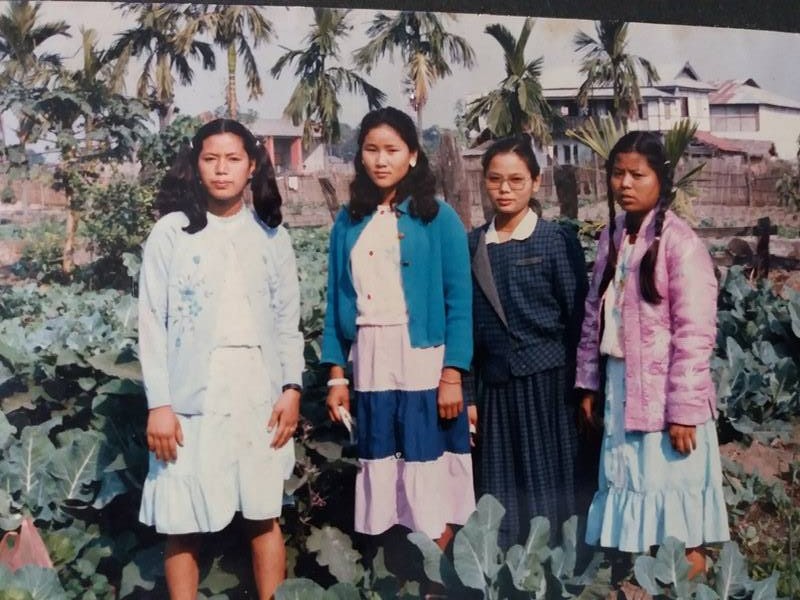
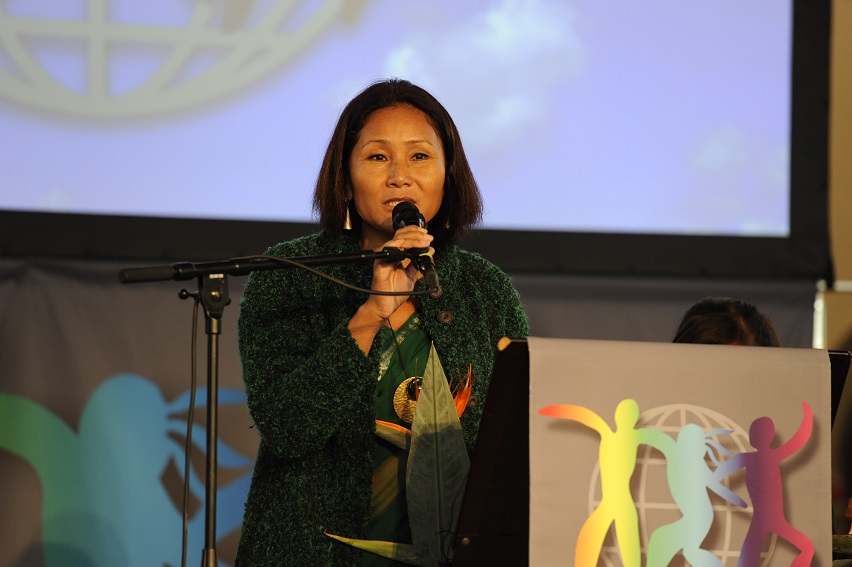
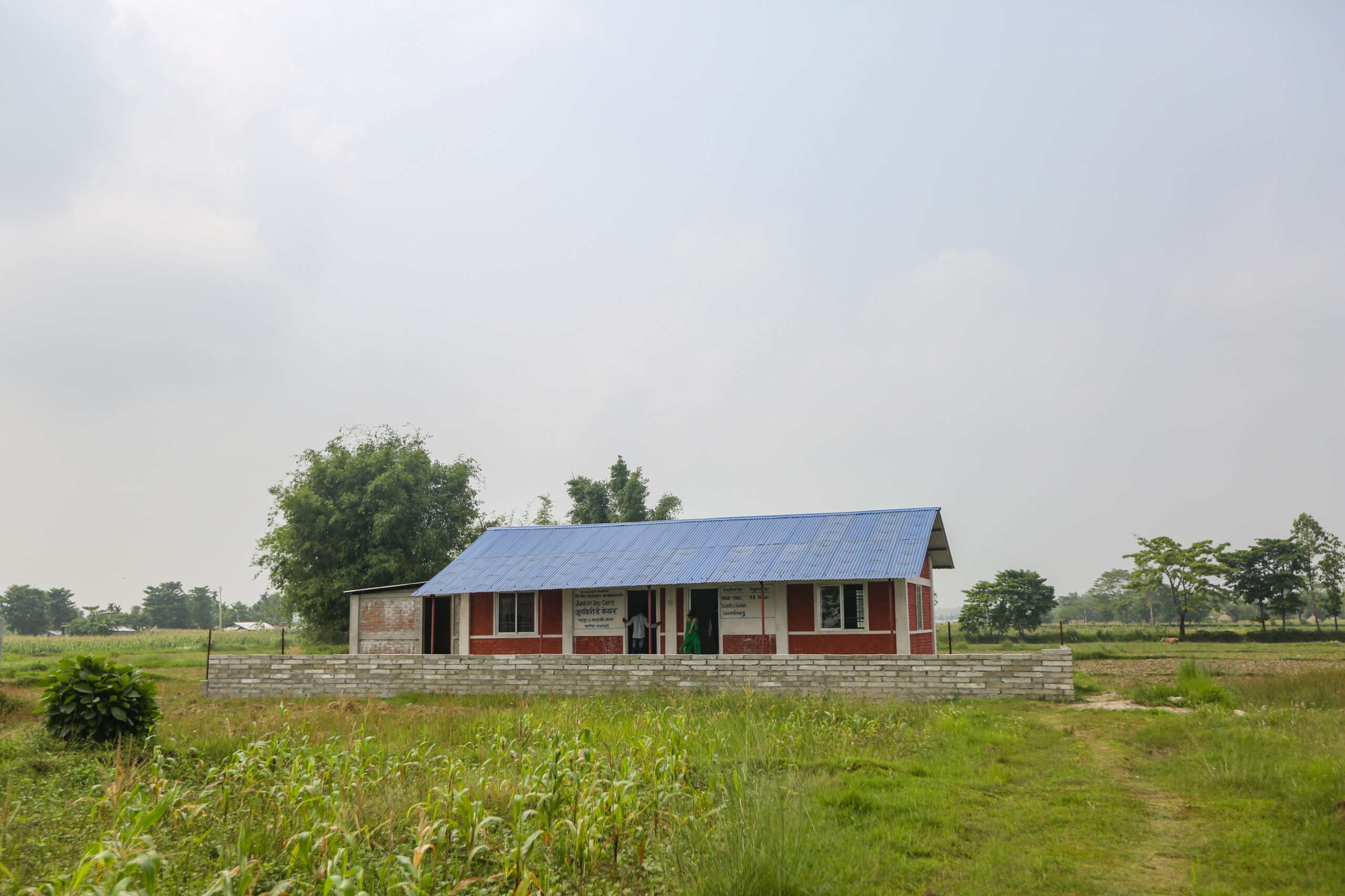
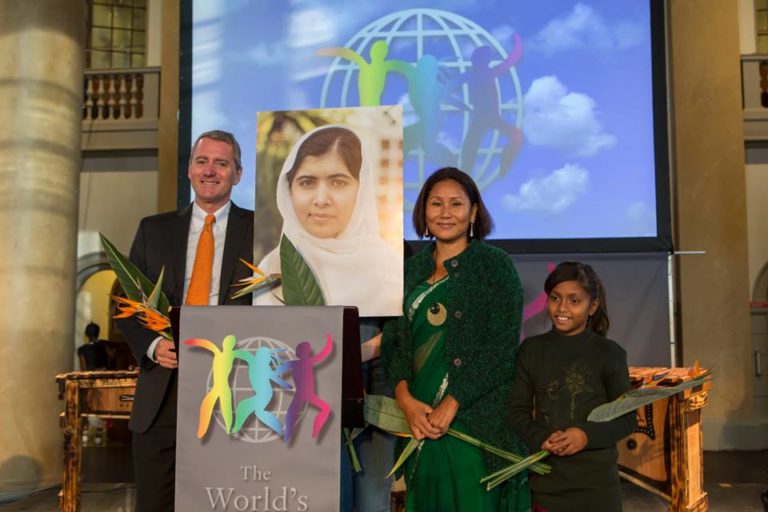
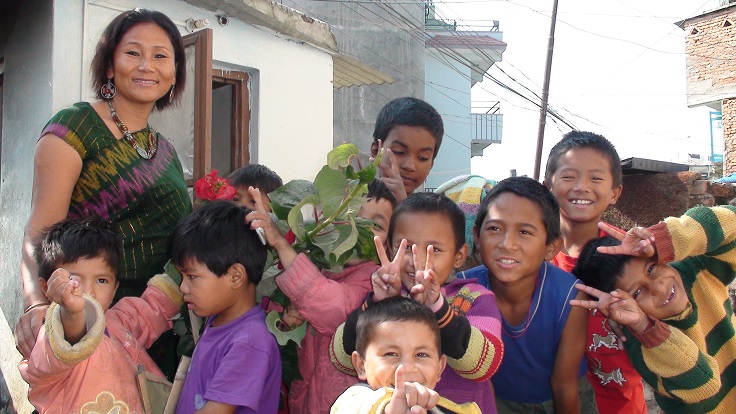
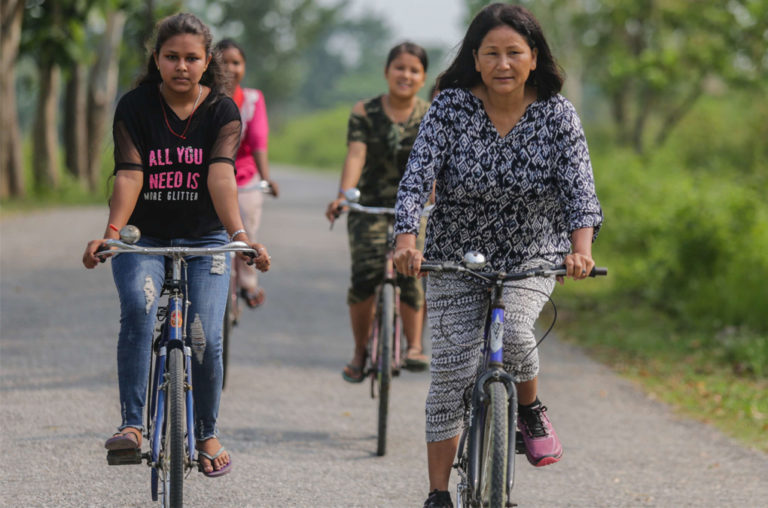
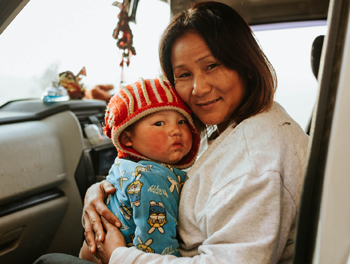




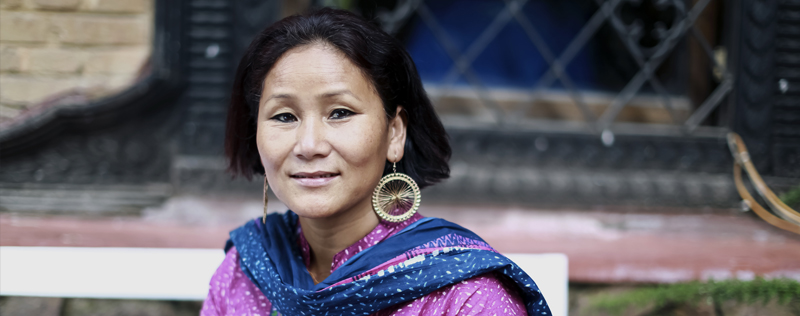


Leave a Comment